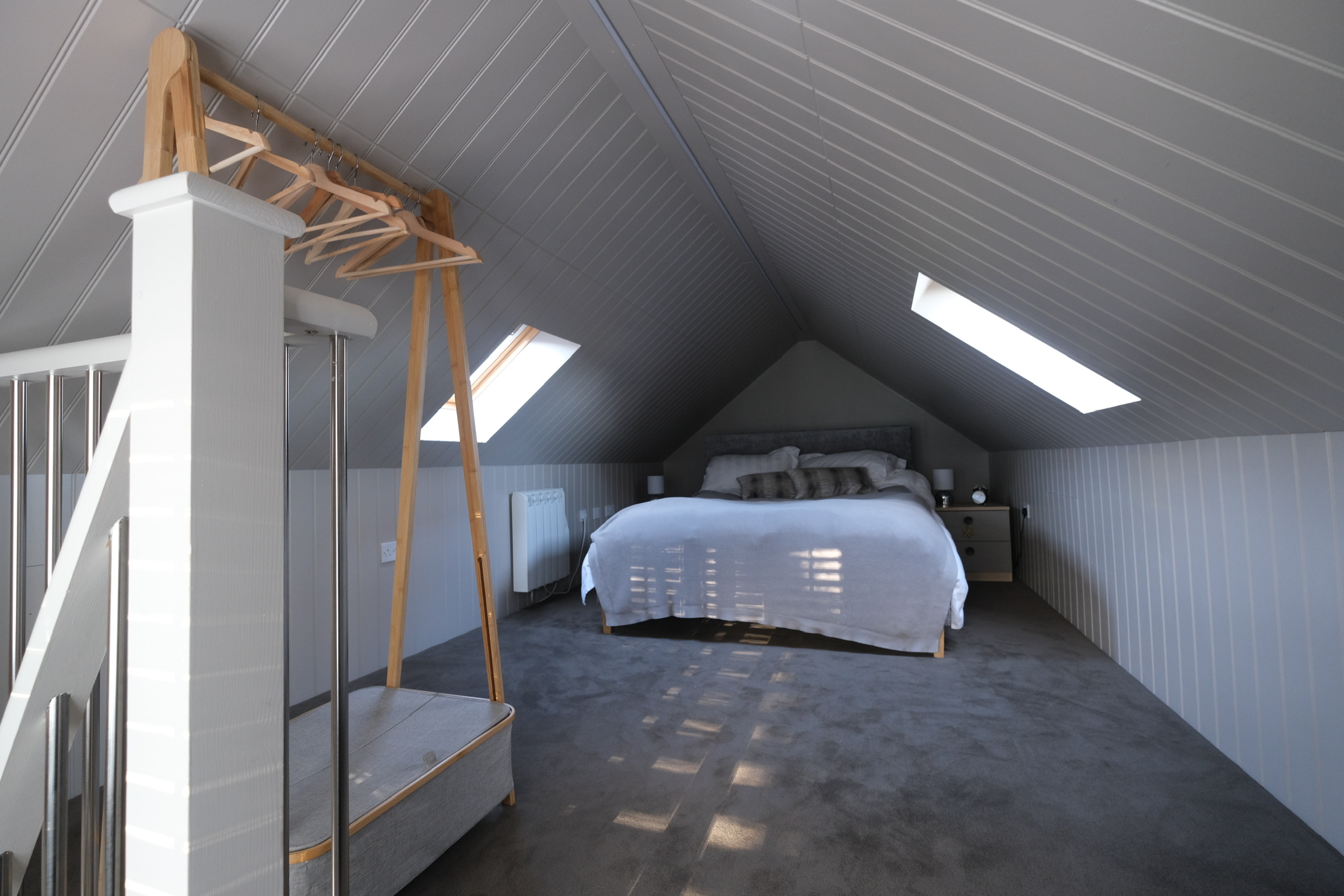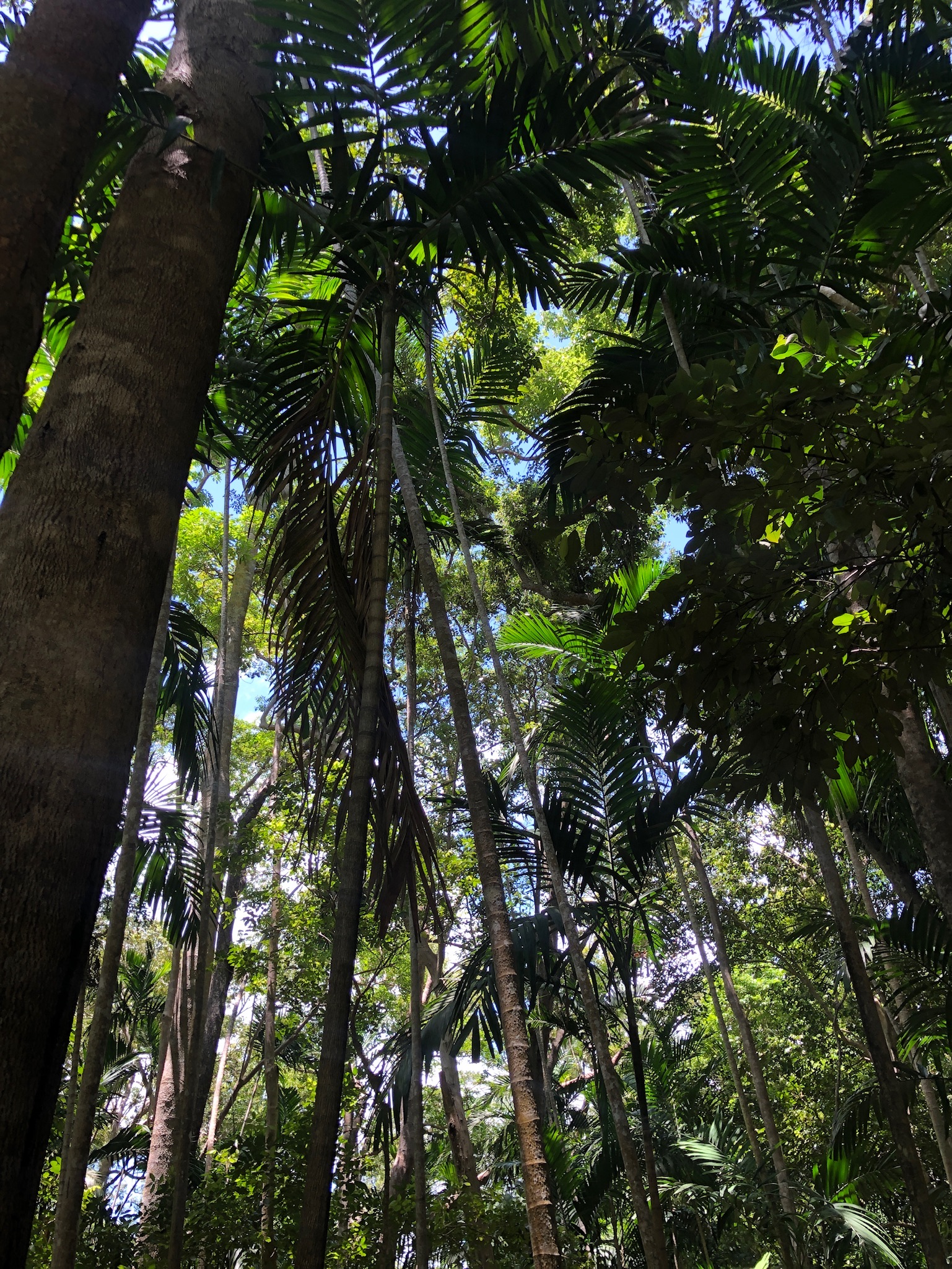Time to heal
One of the biggest losers of our modern society is the reduced time spent sleeping. Sleep has become the enemy of productivity, as people worldwide try to minimise their time spent sleeping as a way of adding more hours to the day. There has been a surge of products that help combat the effects of sleep deprivation and encourage even more abuse of our once beneficial relationship to sleep.
Put simply, the less time you sleep, the less years you will spend on this planet. This is a generalisation, to which there will always be exceptions. But if you are interested in a long life, then you can do much worse than making sure you spend a healthy amount of time asleep each night. It could even be the number one way to ensuring a long life.
Time spent asleep is time that your body is healing and recovering from the activity of the day, allowing you to store memories and mentally recalibrate before the following day, providing a significant boost to early-morning productivity. It can feel like an oxymoron putting increased productivity with increased time spent asleep, but that is what you will find.

Can you sleep more to boost your creativity and wellbeing?
Sleep for creativity
Along with sleeping for productivity, we can also sleep for creativity. There are not many ways to encourage creativity but a good nights kip ranks highly on the list. There is a reason why we say “sleep on it” when people are deliberating a difficult decision. This increase in our creativity comes when the body experiences its total REM (rapid eye movement) sleep.
REM sleep calibrates and finely tunes the emotional circuits of the brain. It is the only time in both our waking and sleeping hours that our brain is entirely devoid of the anxiety-linked chemical noradrenaline. This restorative REM sleep is put at risk every time we wake up with an alarm clock. Mainly, REM occurs in the last phase of sleep and alarm clocks can interrupt this vital stage of health and wellbeing.
Can you boost your REM sleep by:
– having a regular bedtime?
– not setting an alarm clock?
You might be wondering at this point if I could simply let you know how many hours you should be sleeping each night. And the honest answer to that is I do not know. We are all unique, and everybody has their own sleep requirements. The only way to answer the question of how much sleep you need is to go to bed at a reasonable time and let your body wake up without an alarm.










